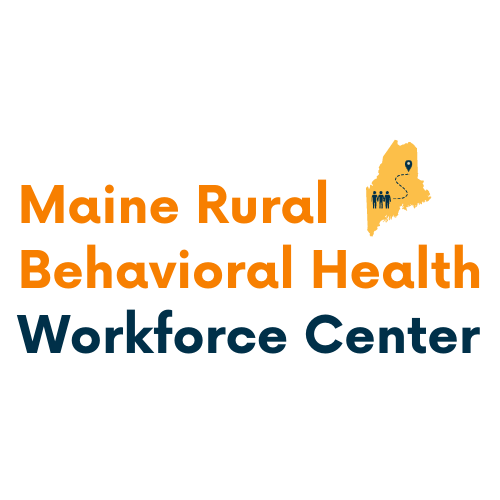Training Strengthens Care for People with Substance Use Disorder
February 7, 2024

Kelly Scott.
Part II: Better Counseling for those in Recovery
This is the second story of the two-part series about two participants sharing their experiences from last year’s ECHO® Training on Medications for Opioid Use Disorder (MOUD) and how it impacted their work in helping those in recovery from substance use disorder (SUD).
MCD Global Health’s Rural Behavioral Workforce Center (RBHWC) offers numerous training opportunities and resources to support Maine’s capacity to meet the growing need.
Kelly Scott works as the adult program manager for Aroostook Mental Health Services, Inc. (AMHC), which is in Maine’s northernmost Aroostook County, touching the Canadian border. While she has been in her current position for a year or so, she has worked at AMHC for around 26 years.
Kelly’s role includes clinically supervising the SUD counselors in the central area of the county as well as grant work, such as supporting AMHC’s program directors of behavioral health to meet AMHC’s goals and mission.
To meet these goals, AMHC is moving toward harm reduction and reducing barriers to access.
“This training was important for me for my own personal growth and, not only that, as I am a certified clinical supervisor to other clinicians, I need to do that work differently than I had once done.
“You hear from a lot of different perspectives in the training, different experiences and people bring in their perspectives to the table,” Kelly said. “It has impacted my ability to be a better clinical supervisor with regard to coaching, developing the staff to see the importance of harm reduction, to see the benefit of it.”

Kelly described a situation where she sometimes fills in for a group that focuses on the opioid health home program and medication-assisted treatment. After she attended some of MCD’s RBHWC training sessions, she realized that she was running the group differently than before.
"I noticed that there was more engagement from the group with each other, compared to just sitting silently like in the past,” she described. “Kindness goes a long way, and demonstrating, understanding, and letting them know that they're safe here and that you’re not going to be punished.”
Kelly stated that it’s about “recognizing what you did do today” and that she and her team are there to support their patients by celebrating the accomplishments they made, in a more strengths-based approach.
In addition to learning new skills to help her as a manager, Kelly was reminded from a recent experience about the importance of reducing stigma that was discussed in the training sessions.
Kelly was in a local store and overheard a conversation about someone who is homeless and struggling with SUD in the community. The conversation went on and what she heard gave Kelly pause.
“That right there brought me back to these sessions, and I thought, ‘How can we get the community to have an eye-opening experience and better understanding of what's happening with folks out there?’ Because it's a pretty dismal world that we live in, but, in the end, all the people who suffer from [SUD] … they're human, and it can happen to anyone."
In terms of who should participate in the MOUD ECHO® Training, Kelly recommends the free training to prescribers who are new to the field of MAT and MOUD as well as SUD counselors, clinical and administrative managers, and peers. The training helps attendees gain knowledge about harm reduction which helps to take down barriers for people to get the medication they need.
Kelly sees more opportunities to reduce the stigma at a broader level. “We need to educate the community, have leaders demonstrate that they, too, believe this, and that would make a world of difference.”
In addition to the education and experiences she gained from the training, Kelly learned that listening is vital in her role.
“My team members have to have a say around the table because when you're too busy directing and managing, there's someone there that has a nugget of information that can make a difference to a patient.”
Kelly plans to have some of her staff attend the 2024 MOUD ECHO® Training that runs through June 28. Anyone can join the training at any time when it is offered.